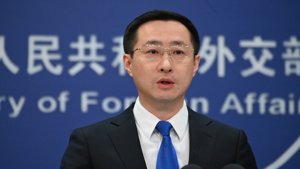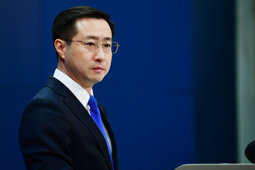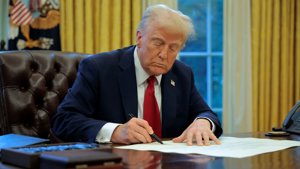
EU to Answer Trump Tariffs with Proportional Response
French Minister for Industry and Energy Marc Ferracci stated on Wednesday that the European Union will deliver a proportional response to the incoming tariffs announced by United States President Donald Trump. His remarks come amid rising concerns of a potential transatlantic trade war.
In an interview with French radio station RMC, Ferracci emphasized that Europe is not responsible for initiating the current tensions. “First, let's remember that this situation is not of our making. It is not Europe that initiated what could become, depending on tonight's announcements, the start of a trade war,” he noted.
He further explained that while Europe prefers negotiation and de-escalation, it must be prepared to respond. “Europe always prefers negotiation and de-escalation because trade wars only create losers,” Ferracci said, warning that such conflicts ultimately impact consumers in both the European Union and the United States.
The French minister confirmed that any countermeasures from the EU would target the same volume of goods affected by the American tariffs. “Proportionality is crucial because we do not want to escalate the situation. However, when entering negotiations, we must demonstrate that we are capable of responding. That's what I believe the Commission will do very soon,” he explained.
Ferracci's statement reflects growing determination within the EU to protect its economic interests while avoiding unnecessary escalation. However, the firm stance also signals that Brussels will not remain passive if Washington proceeds with protectionist measures that threaten European industries.
The European Commission is expected to unveil its detailed response shortly after the official announcement from Washington. Analysts suggest that the targeted response will focus on sectors equivalent in trade value to those selected by the Trump administration.
As tensions grow, businesses and investors on both sides of the Atlantic are watching closely for further developments, amid fears that an extended dispute could disrupt supply chains and raise costs for consumers globally.






